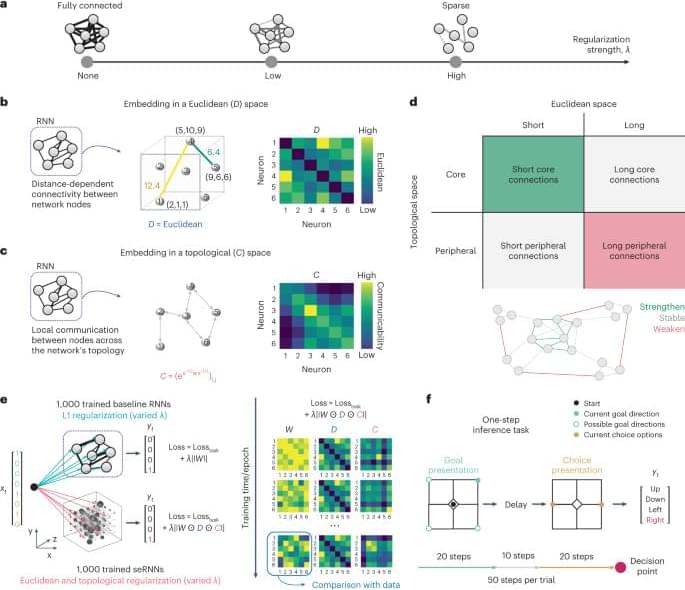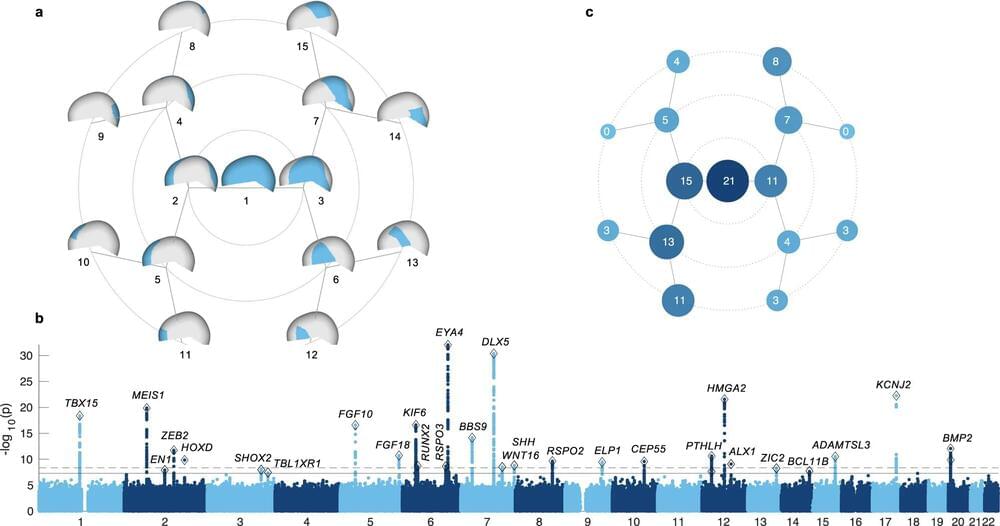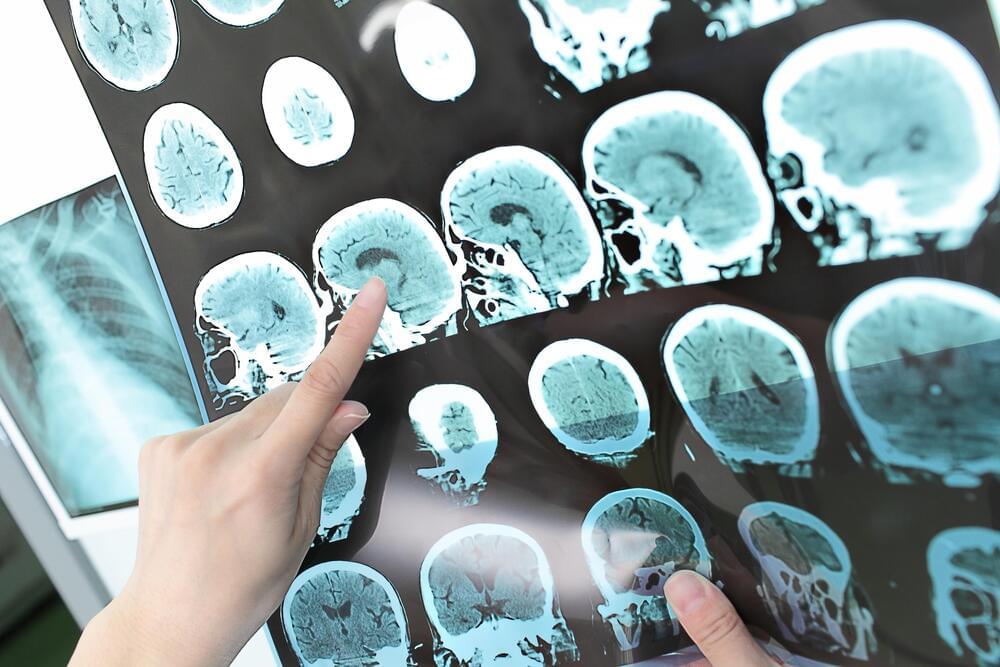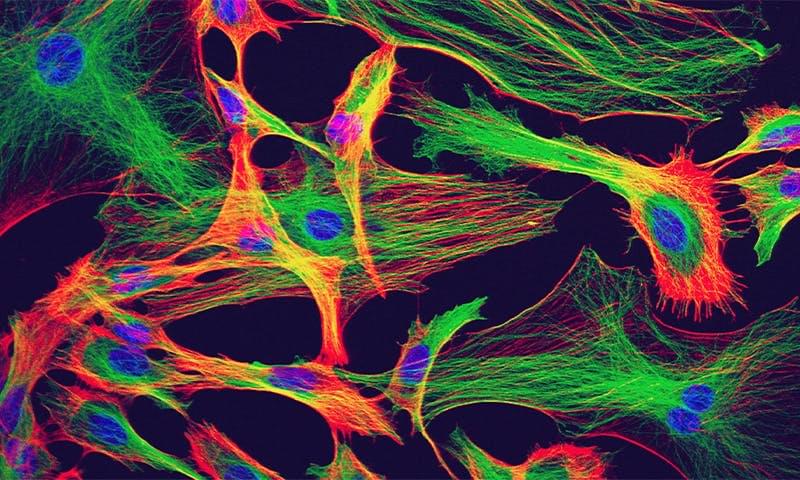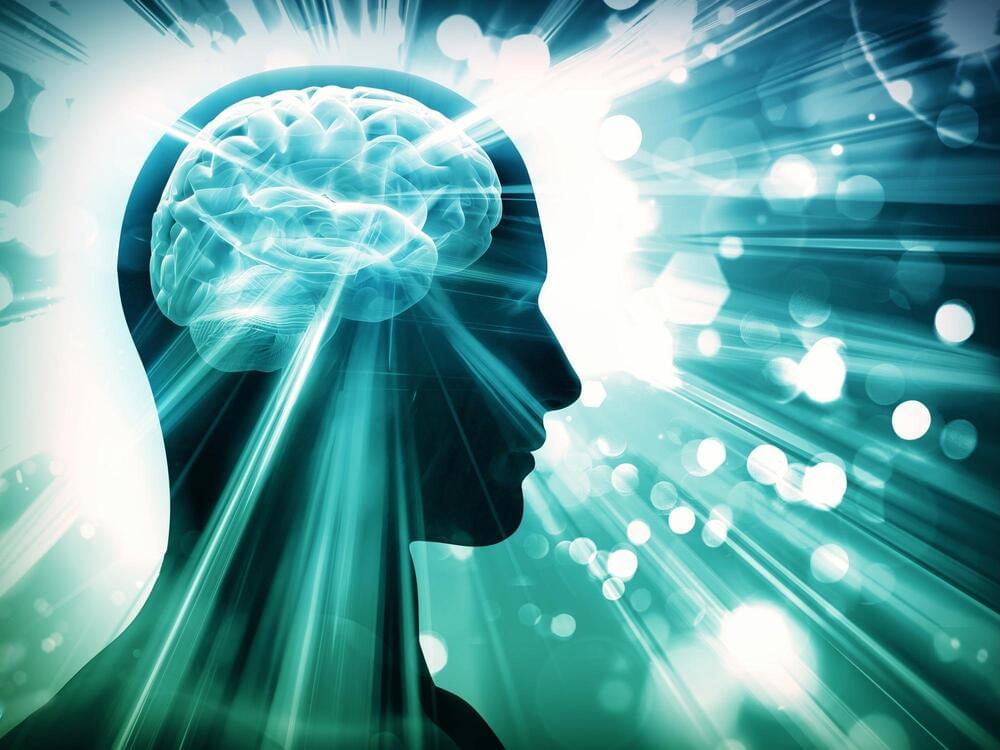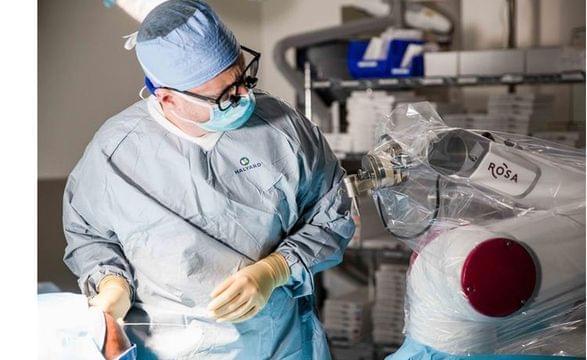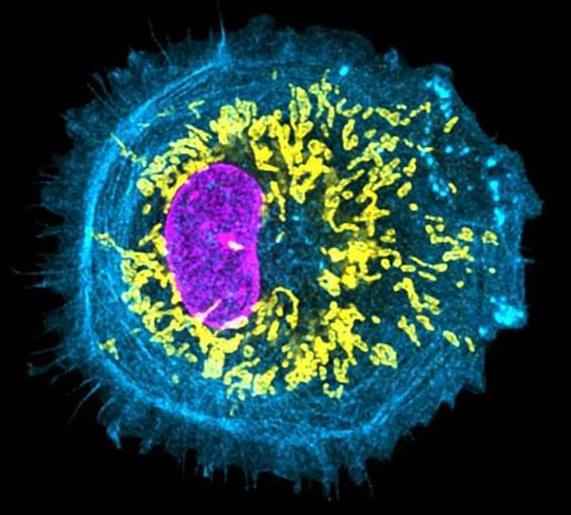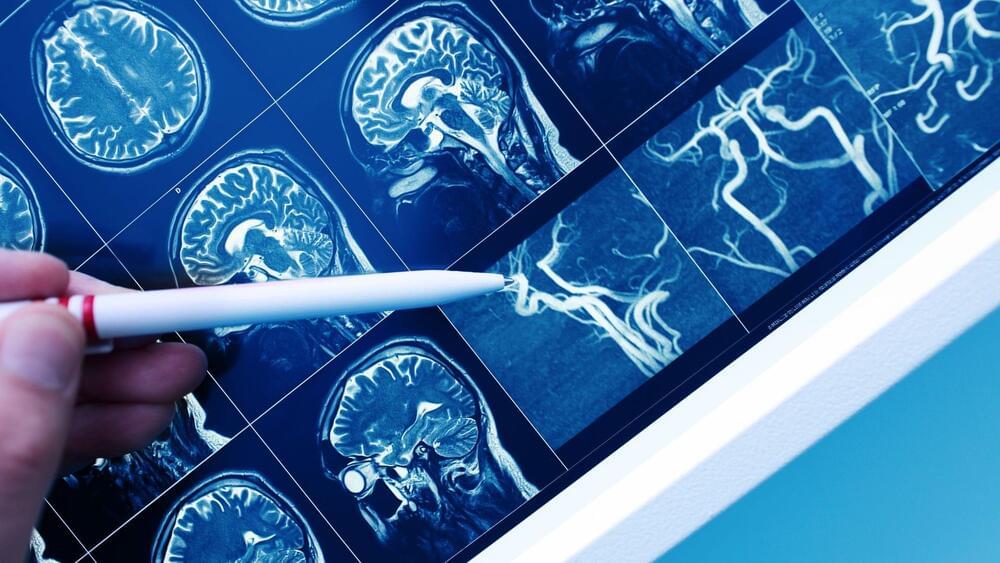In an article published yesterday in MIT Technology Review, Rachel Nuwer wrote a thought provoking piece exploring the boundaries between life and death.
Beyond the brain and brain death itself, related efforts are studying and attempting to develop techniques for restoring metabolic function in a number of organs other than the brain after death, including the heart and kidneys, which could greatly enhance organ donation capabilities.
While these developments are promising, researchers caution against overpromising. The path to these medical advancements is paved with years of research and ethical considerations. The exploration into the dying process will surely challenge not only scientific and medical fields but also societal, theological, and legal considerations, as it reshapes our understanding of one of life’s most profound phenomena. At some point, policy and regulations will need to follow—further adding to the complexity of the topic.
The transition from life to death is becoming increasingly blurred as scientific research uncovers previously unknown or poorly understood complexities about the physiology and reversibility of the dying process. This evolving understanding promises to redefine medical practices, extend the window for organ recovery, and challenge our societal notions of life and death. However, this is a true journey, in the sense that the science and its implications will necessarily involve continuous research, ethical and legal considerations, and a need for realistic expectations. While death is a universal experience, what it is and how we go from living to dying are anything but static.
